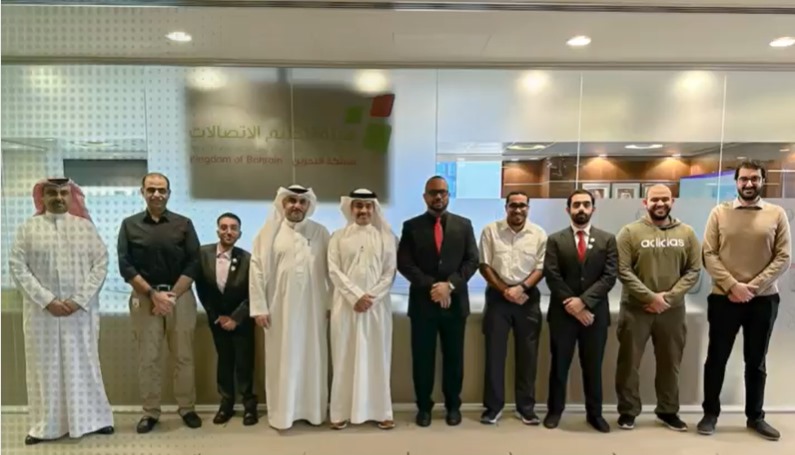Telecommunications operators have lamented diminishing revenue caused by the operations of Over-the-Top Platforms (OTT).
The Chairman of the Association of Licensed Telecommunications Operators of Nigeria (ALTON), Gbenga Adebayo, disclosed the position of the group at the weekend in Lagos.
He listed the platforms as Skype, Whatsapp, Wechat, Facebook, Viber and IMO.
Quoting an independent analyst and consultancy firm, OVUM, he said customers’ growing adoption of OTT, instead of the traditional telecoms services, was impacting negatively on them.
According to him, OTT operations have created a global revenue loss of $386 billion for the telecoms operators from 2012 to 2018, adding that they were also endangering their network development.
He said the OTT platforms utilise traditional Mobile Network Operator (MNO) infrastructure to drive huge advertising revenues.
Adebayo said the challenges posed by the OTTs were not limited to Nigeria alone, as operators globally were also losing billions of dollars to them yearly.
It was learnt that in Nigeria, OTT’s operations had slashed the revenues of telecoms players by nine per cent.
Meanwhile, the NCC Executive Commissioner, Stakeholders Management, Sunday Dare, has asked the operators to look inward and be innovative, rather than lamenting.
“Operators need to be more innovative and stop complaining. We understand the challenges, but the NCC does not regulate technology,” he said.
Dare also linked the drop in active subscriptions in Nigeria by 10 million in the first half of the year, to the consolidation of technology.
He said: “People are dropping their multiple SIM cards and phones because they can now do so many things using one phone. For instance, if there is no credit on a phone, one could easily make free calls using Whatsapp and the rest. So, it is high time for the telecoms operators to do something innovative.”
He stressed that the co-operative model being developed by operators may necessitate special data bundles.
“We support innovative solutions by operators to minimise impact of disruptive platforms in the best interests of consumers and industry sustainability.
“Security issues need to be addressed. Due to Lawful Interception (LI) reasons, OTT players would not open up their services and that poses a huge security risk,” he said.
Going forward, ALTON said it was in support of models that would engender revenue-share arrangements on advertisement-based OTT contents.
Source: today.ng





